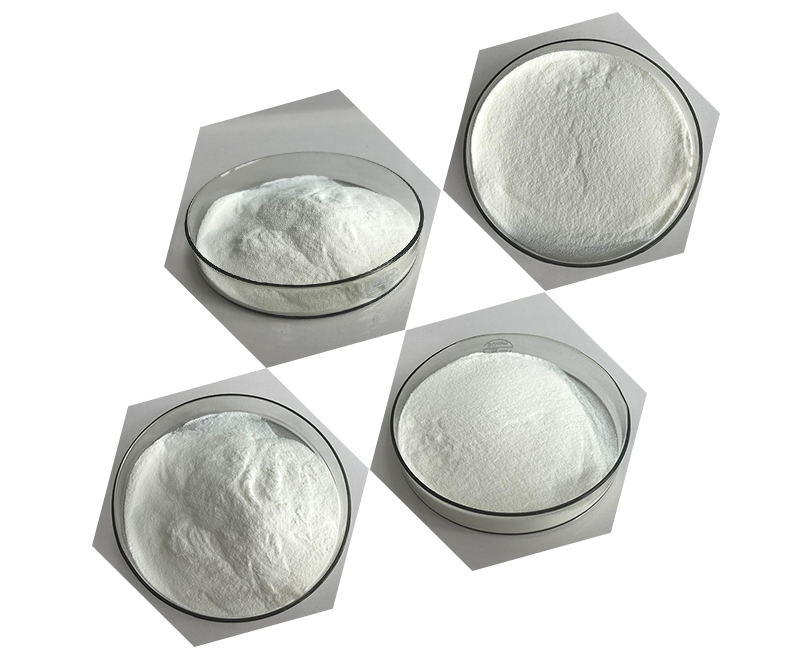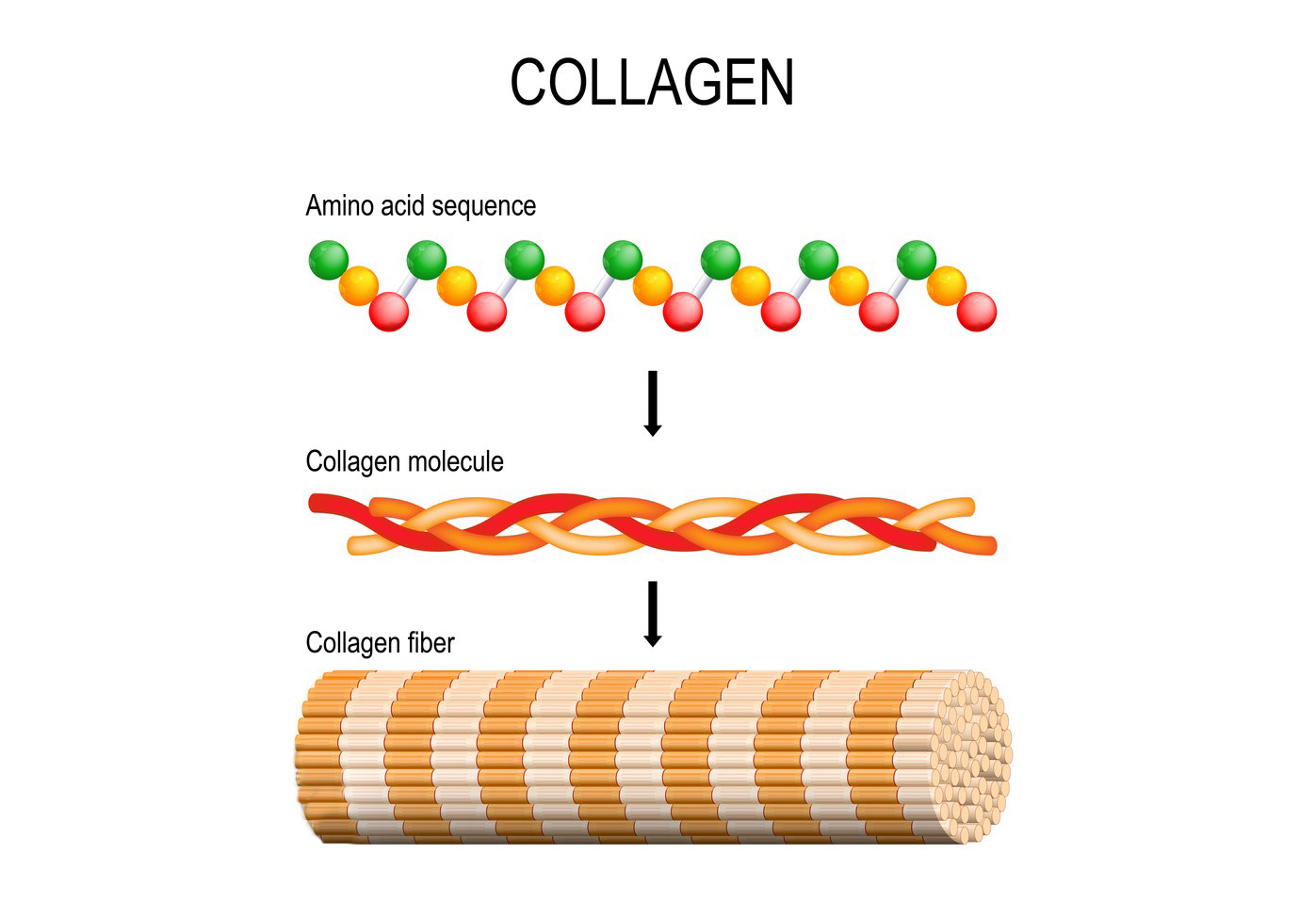Collagen is a protein that plays a crucial role in maintaining the structure and strength of various tissues in the body, including skin, bones, tendons, ligaments, and cartilage. It is a popular supplement and is often associated with promoting skin health, joint function, and overall well-being. However, like any supplement or treatment, collagen has its own set of pros and cons:

Pros of Collagen:
- Skin Health: Collagen is a major component of the skin’s structure, and many people take collagen supplements to improve skin elasticity, hydration, and appearance. Some studies suggest that collagen supplementation may help reduce the appearance of wrinkles and promote a more youthful complexion.
- Joint Health: Collagen is also a vital component of cartilage, which cushions joints and helps them move smoothly. Some research suggests that collagen supplementation may support joint health, alleviate joint pain, and improve mobility, especially in individuals with osteoarthritis.
- Bone Health: Collagen contributes to the strength and flexibility of bones. Some studies have indicated that collagen supplements may help improve bone density and reduce the risk of bone fractures, particularly in postmenopausal women.
- Muscle Mass: Collagen contains important amino acids that are beneficial for maintaining and building muscle mass. Some athletes and fitness enthusiasts use collagen supplements to support muscle recovery and growth.
- Digestive Health: Collagen contains the amino acid glycine, which may support digestive health by aiding in the lining of the digestive tract and reducing inflammation.

Cons of Collagen:
- Limited Evidence: While some studies have shown positive effects of collagen supplementation on skin, joint, and bone health, the evidence is not always consistent or conclusive. More research is needed to fully understand the benefits and mechanisms of collagen supplementation.
- Source and Quality: The effectiveness of collagen supplements can vary based on the source of collagen and the manufacturing process. The quality and purity of the supplement are important factors to consider, as some products may not contain the claimed amount of collagen or may have contaminants.
- Digestibility: Collagen supplements are derived from animal sources such as cows, pigs, and fish. Some individuals may experience digestive discomfort or allergies in response to these supplements.
- Cost: Collagen supplements can be relatively expensive compared to other nutritional supplements. The cost may be a consideration for some individuals, especially given the variability in evidence for their effectiveness.
Ethical and Environmental Concerns: The sourcing of collagen from animal tissues raises ethical and environmental concerns, especially if not obtained from sustainable and responsible sources. There are also concerns about the impact of collagen production on animal welfare.
It’s important to note that individual responses to collagen supplementation can vary widely. Before adding any supplement to your routine, it’s recommended to consult with a healthcare professional to ensure it’s appropriate for your specific health goals and needs.
